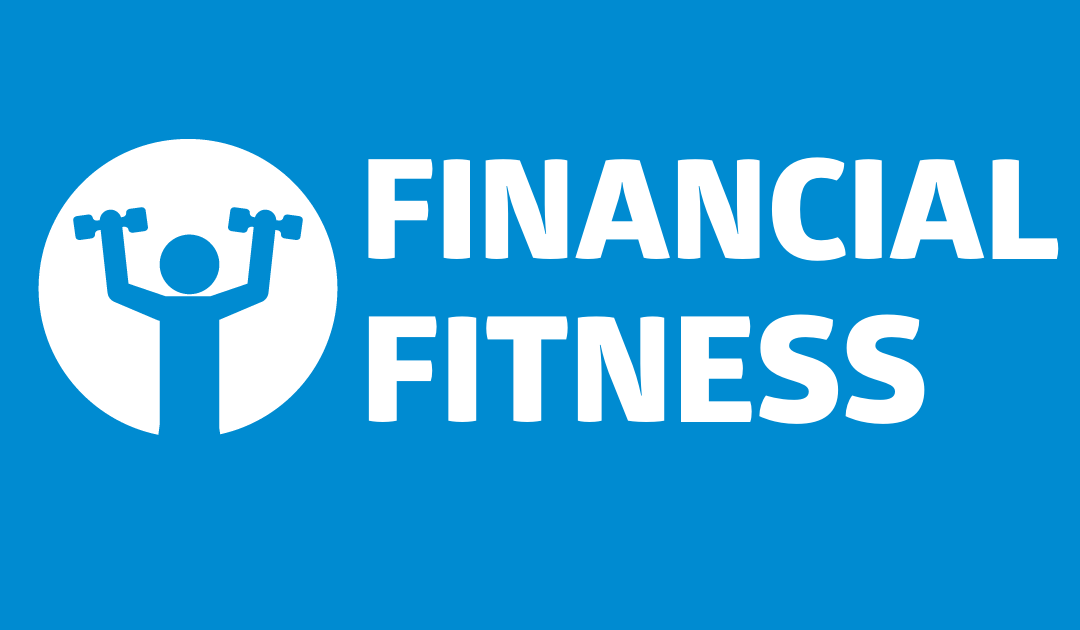Hello everyone! I am Charlestien Harris, certified housing and credit counselor, and I’m back again to talk about finances.
The coronavirus has destroyed many budgets and affected the normal flow of income for a number of households. Previously, I talked about bill prioritizing and budgeting as two options to consider during this time. Even with emergency savings, paying your bills on time can still be difficult. Some of you may have the option of unemployment insurance, so if you have not already applied for those benefits please do so as soon as possible. If you never got around to setting up that emergency fund, you will need to trim your spending to make ends meet. Here are some suggestions:
1. Stop carrying your credit cards and pay with cash if possible.
2. Create a weekly menu for your meals. This will cut down on your grocery bill.
3. Try to limit your restaurant visits. Cook at home as much as possible
4. Try to avoid making unnecessary online purchases. Social distancing has kind of taken care of in-person shopping.
5. Entertainment is usually a big part of our lives and can take a big chunk out of your budget. Try taking advantage of family activities at home or free activities that are available.
6. Other cost saving measures such as turning the lights off in unoccupied rooms, washing/drying full loads, and setting the thermostat to 68 degrees or below can be very cost effective.
If you can’t make ends meet after cutting your spending, it is time to get your bills reduced. Your creditors are working people just like you, so they have most likely been affected by the economic downturn of the economy and understand what you’re experiencing. You may think your credit report will be a mess, but it does not have to be. If you call your creditors and let them know that you lost your job, they will want to work with you in most cases. Many of them have special terms that they can offer when an emergency arises such as the COVID-19 pandemic.
Since you don’t know for certain how long you’ll be laid off or unemployed, getting your bill payments lowered or making a partial payment can help the cash you do have last a little longer. Most creditors will want you to pay as much as possible, but you are actually in control when it comes to negotiating a lower payment. You are the one with the money, so you are the one that knows how much you can afford to pay to the debt collector. If you are not a hard-nosed negotiator, then talk to a non-profit credit counselor such as myself. We have resources such as a pre-printed script on how to negotiate with debt collectors and what to say when making arrangements to pay your bills.
The one thing to remember while negotiating lower payments is to never promise more than you can actually afford to pay! This may put more strain on your finances and defeats the purpose of negotiation. Here is a list of steps to follow when negotiating:
- Introduce yourself.
- Get down to business. Let them know why you are calling.
- Ask for help. Give them your terms.
- Prepare to negotiate. Let them know how much you can afford to pay versus what they want you to pay.
- Get an agreement. Get it in writing before you send any money. Many unfulfilled promises have been made over the phone.
As a HUD certified counselor, I have access to letter templates that you can send to the creditor once you complete your negotiated terms. Sometimes creditors prefer to work with counselors. They know that if you are working with a counselor, you are serious about getting your finances in order. If this is the case, then visit the HUD website for a list of HUD approved counseling agencies listed by state. If you need to contact me for a copy of a letter template, call me at 662-624-5776 or email me at charlestien.harris@southernpartners.org. Until next week, stay financially fit!

